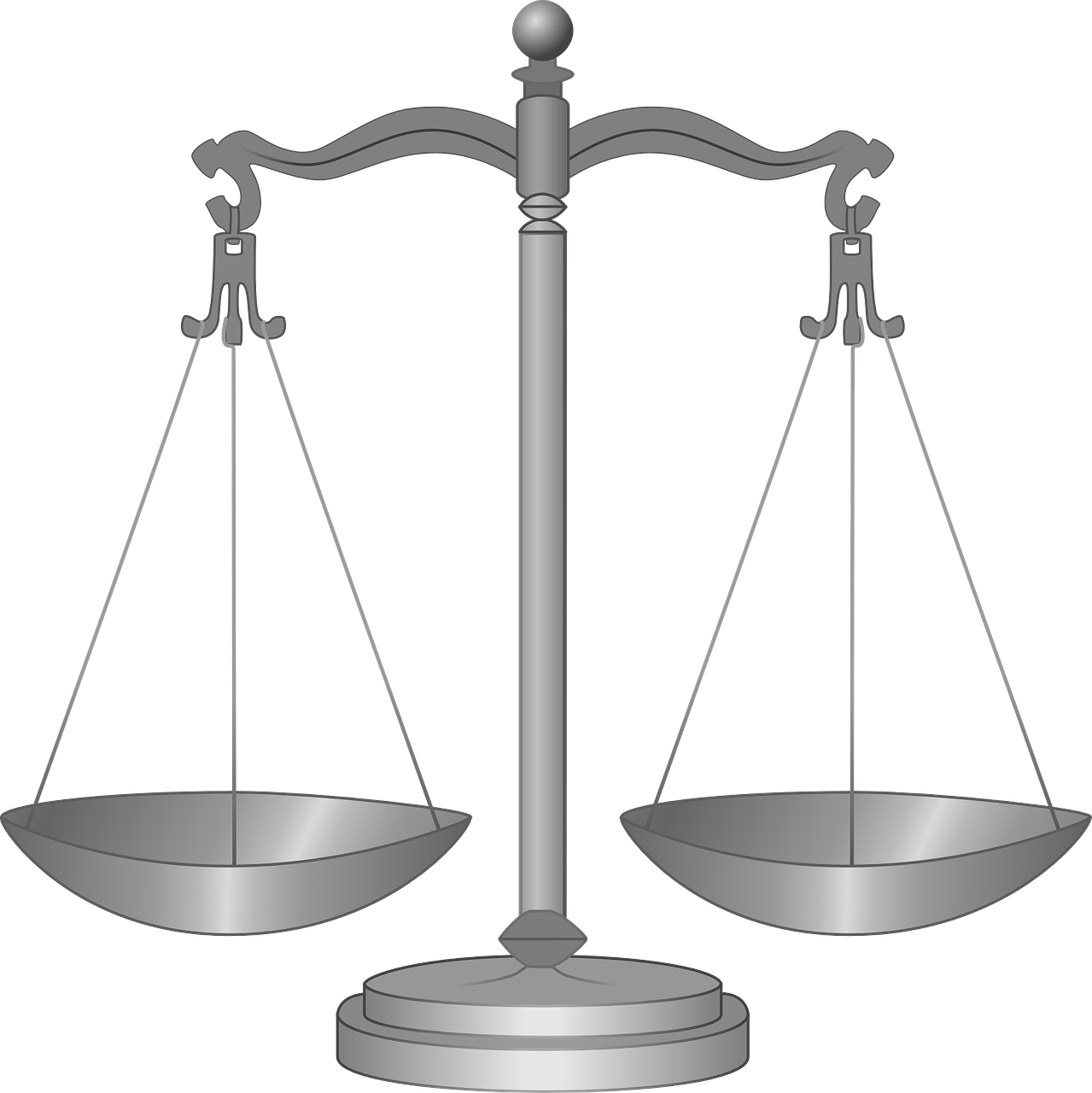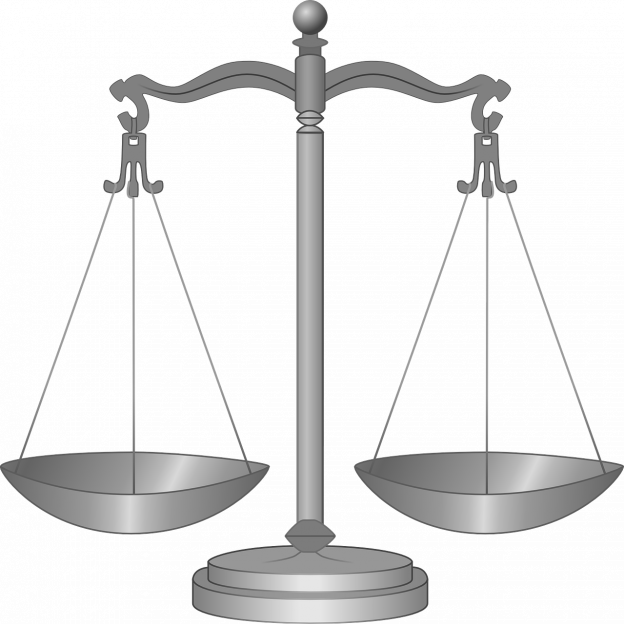In the complex world of criminal law, navigating the appeals process can be a daunting task. When faced with a criminal conviction, individuals may feel overwhelmed and uncertain of their options. That’s where a skilled criminal defense attorney comes in. With a deep understanding of the appeals process and a commitment to protecting the rights of their clients, these legal professionals can provide invaluable guidance and representation. From crafting persuasive arguments to challenging erroneous rulings, they work tirelessly to secure justice for those facing criminal charges. If you or someone you know is seeking to appeal a criminal conviction, it is crucial to consult with an experienced lawyer who can assess the merits of your case and advocate for your rights.
Understanding Criminal Defense Appeals
Criminal defense appeals are a crucial part of the legal process that allows individuals who have been convicted of a crime to challenge their conviction, sentence, or both. It provides an opportunity for defendants to present their case to a higher court and argue that there were errors or injustices in the trial or sentencing process. By understanding the grounds, process, outcomes, and the role of an appellate defense attorney, individuals can navigate this complex process with confidence.
Definition of Criminal Defense Appeals
A criminal defense appeal refers to the legal process through which a convicted individual seeks to have a higher court review and potentially overturn their conviction or sentence. Appeals are based on the assertion that legal errors, ineffective assistance of counsel, new significant evidence, procedural errors, or judicial misconduct occurred during the original trial. The goal is to obtain a more favorable outcome, such as a new trial, modification of the sentence, or even dismissal of charges.
Purpose of Criminal Defense Appeals
The purpose of criminal defense appeals is to ensure that defendants receive a fair trial and a just outcome. The appellate process serves as a safeguard against errors or injustices that may have occurred during the trial or sentencing phase. By allowing a higher court to review the case, it provides an opportunity for any legal mistakes or misconduct to be corrected and for individuals to have their rights protected.
Grounds for Criminal Defense Appeals
To file a criminal defense appeal, there must be legitimate grounds for doing so. The following are common grounds on which appeals are based:
Legal Errors
Appeals can be filed when legal errors were made during the trial. These errors may involve misinterpretation or misapplication of the law, improper jury instructions, or incorrect admission or exclusion of evidence.
Ineffective Assistance of Counsel
If a defendant can prove that their defense attorney provided ineffective assistance, it can serve as grounds for an appeal. Ineffective assistance of counsel may include a lack of preparation, failure to present crucial evidence, or any other conduct that falls below the standard of competence expected from a defense attorney.
New Evidence
In some cases, new and significant evidence may come to light after a conviction. If this evidence was not available or could not have been reasonably discovered during the original trial, it can be grounds for an appeal.
Procedural Errors
Procedural errors that occurred during the trial, such as violations of the defendant’s rights, can also serve as grounds for an appeal. These errors may include violations of the Fourth Amendment (unreasonable search and seizure), Fifth Amendment (self-incrimination), or Sixth Amendment (right to counsel).
Judicial Misconduct
If there is evidence of judicial misconduct during the trial, it can be grounds for an appeal. Judicial misconduct may include bias, prejudice, or any other improper conduct that undermines the fairness and integrity of the trial.

Process of Filing a Criminal Defense Appeal
Filing a criminal defense appeal involves several steps. Understanding this process is essential for individuals seeking to challenge their conviction or sentence. The following steps outline the process of filing a criminal defense appeal:
Notice of Appeal
The first step in the appeals process is filing a notice of appeal. This document informs the court and the prosecution that the defendant intends to appeal their conviction or sentence. The notice of appeal typically must be filed within a specified period after the final judgment or sentencing.
Transcript Preparation
Once the notice of appeal is filed, the next step is the preparation of a transcript. This involves obtaining a verbatim record of the trial proceedings, including all the testimony, court rulings, and arguments made by both parties. The transcript is essential for the appellate court’s review of the case.
Appellate Brief
After the transcript is prepared, the defendant’s appellate attorney will draft an appellate brief. This brief presents the legal arguments and grounds for the appeal, supported by relevant statutes, case law, and court decisions. The brief is a critical document that persuasively presents the defendant’s case to the appellate court.
Appellate Court Review
Once the appellate brief is submitted, the case goes through a review process by the appellate court. This review involves the following key components:
Standard of Review
The appellate court will apply a specific standard of review to determine the merits of the appeal. Generally, the court will review questions of law, such as legal errors, under a de novo standard, meaning they will review it as if presented for the first time. Questions of fact, such as the credibility of witnesses, are typically reviewed under a deferential standard.
Oral Arguments
In some cases, the appellate court may allow oral arguments to be presented by the defendant’s appellate attorney and the prosecution. These arguments provide an opportunity for both parties to further explain their positions, respond to the court’s inquiries, and address any questions or concerns the court may have.
Decision and Remand
After considering the appellate brief and any oral arguments, the appellate court will make a decision. The court may decide to uphold the conviction and sentence, reverse the conviction and order a new trial, modify the sentence, or even dismiss the charges altogether. If the court remands the case for a new trial, it means that the case will be retried in the lower court.
Possible Outcomes of a Criminal Defense Appeal
The outcomes of a criminal defense appeal can vary depending on the specific circumstances of the case. The following are possible outcomes:
Reversal of Conviction
If the appellate court determines that errors or injustices occurred during the trial or sentencing, they may reverse the conviction. This means that the conviction is overturned, and the defendant is no longer considered guilty of the crime.
New Trial
In some cases, the appellate court may order a new trial. This could be due to errors or misconduct that significantly impacted the fairness of the original trial. A new trial provides the defendant with an opportunity to present their case again before a different jury.
Modification of Sentence
If the appellate court determines that the sentence imposed was too harsh or not in accordance with the law, they may order a modification of the sentence. This could result in a reduced sentence or a different type of punishment that is deemed more appropriate.
Dismissal of Charges
In exceptional cases where the appellate court determines that the errors or injustices were so severe that the defendant’s rights were violated, they may dismiss the charges altogether. This means that the defendant is freed from any legal consequences related to the crime.
The Role of the Appellate Defense Attorney
In criminal defense appeals, the role of the appellate defense attorney is crucial. Their expertise and skills are essential in navigating the complex legal process and advocating for their client. The following are key responsibilities of an appellate defense attorney:
Case Evaluation
An appellate defense attorney will thoroughly evaluate the case to determine the grounds for the appeal and the likelihood of success. They will study the trial record, research applicable laws, and identify any potential errors or misconduct.
Research and Legal Analysis
Once the grounds for the appeal are identified, the attorney will conduct in-depth research and legal analysis. This involves studying relevant statutes, case law, and court decisions to construct persuasive legal arguments to present to the appellate court.
Writing the Appellate Brief
One of the most critical tasks of an appellate defense attorney is drafting the appellate brief. This document must present a clear and compelling case, supported by legal authority and evidence. The attorney will carefully craft persuasive arguments and address any counterarguments that may arise.
Oral Advocacy
In cases where oral arguments are permitted, the appellate defense attorney will effectively present the defendant’s case to the appellate court. They will anticipate the court’s questions and challenges and respond convincingly to further strengthen their arguments.
Client Communication
Throughout the appeals process, the appellate defense attorney must effectively communicate with their client, keeping them informed about the progress, explaining the legal strategies, and providing guidance. Open and transparent communication is essential to building trust and ensuring a successful defense.

Time Limits for Filing Criminal Defense Appeals
It is crucial to adhere to the statutory deadlines when filing a criminal defense appeal. Failure to meet these deadlines may result in the appeal being dismissed. The following are common time limits for filing appeals:
Statutory Deadlines
Statutory deadlines for filing appeals vary depending on the jurisdiction and the type of case. It is essential to consult with an experienced appellate defense attorney to determine the specific deadline applicable to a particular case.
Tolling Exceptions
In some instances, tolling exceptions may apply, allowing for an extension of the appeal filing deadline. Tolling exceptions may involve circumstances such as newly discovered evidence, mental incompetence, or a claim of ineffective assistance of counsel. An appellate defense attorney can assess whether any tolling exceptions may apply in a specific case.
The Appellate Process Timeline
The timeline for the criminal defense appeals process can vary depending on various factors, including the complexity of the case and the caseload of the appellate court. The following is a general overview of the appellate process timeline:
Filing the Notice of Appeal
The notice of appeal must typically be filed within a specified period after the final judgment or sentencing. This deadline can range from days to weeks, depending on the jurisdiction. It is crucial to consult with an appellate defense attorney to ensure timely filing.
Transcript Preparation
Obtaining a complete and accurate transcript of the trial proceedings can take several weeks or even months, depending on the length of the trial. The transcript is an essential component for the appellate brief and the appellate court’s review.
Appellate Brief Deadline
Once the transcript is prepared, the defendant’s appellate attorney must draft the appellate brief. The deadline for filing the brief varies depending on the jurisdiction and the specific rules of the appellate court. Generally, the deadline ranges from 30 to 90 days from the completion of the transcript.
Oral Arguments
If the appellate court allows oral arguments, a hearing will be scheduled. The timing of the oral arguments varies depending on the court’s schedule and the complexity of the case. Oral arguments typically take place several months after the filing of the appellate brief.
Appellate Court Decision
After considering the appellate brief and any oral arguments, the appellate court will make a decision. The time required for the court to reach a decision can vary significantly, but it typically takes several weeks to several months. Factors such as the complexity of the case and the caseload of the court can impact the duration.

Costs and Fees Associated with Criminal Defense Appeals
Filing a criminal defense appeal involves various costs and fees that individuals should be aware of. These costs can vary depending on the jurisdiction, the complexity of the case, and the services provided by the appellate defense attorney. The following are common costs and fees associated with criminal defense appeals:
Appellate Filing Fees
Appellate filing fees are required to initiate the appeals process. The specific amount varies depending on the jurisdiction and the type of appeal. It is important to consult with an appellate defense attorney to determine the applicable filing fees.
Attorney’s Fees
Appellate defense attorneys typically charge their fees based on various factors, including the complexity of the case, the attorney’s experience, and the expected workload. It is crucial to discuss attorney fees upfront and obtain a clear understanding of the cost involved in the appeals process.
Frequently Asked Questions about Criminal Defense Appeals
Can I appeal a guilty plea?
In general, it is more challenging to successfully appeal a guilty plea compared to appealing a conviction after a trial. However, it is possible to appeal a guilty plea if there is evidence of coercion, ineffective assistance of counsel, or if the defendant did not fully understand the consequences of the plea.
How long does the criminal appeals process take?
The duration of the criminal appeals process can vary significantly depending on various factors, such as the jurisdiction, the complexity of the case, and the caseload of the appellate court. The process can take anywhere from several months to over a year.
What happens if I win my criminal appeal?
If you win your criminal appeal, the appellate court may reverse your conviction, order a new trial, modify your sentence, or dismiss the charges altogether. The specific outcome will depend on the grounds for your appeal and the decision of the appellate court.
Can I appeal a sentence that I think is too harsh?
Yes, it is possible to appeal a sentence that you believe is too harsh. However, it is important to consult with an appellate defense attorney to assess the legal basis for appealing the sentence and the likelihood of success.
What happens if I lose my criminal appeal?
If you lose your criminal appeal, the original conviction and sentence will generally stand. However, it is possible to explore further legal options, such as submitting a petition for post-conviction relief, depending on the circumstances of your case. Consulting with an experienced appellate defense attorney can provide guidance on the next steps after an unsuccessful appeal.
The information provided above aims to provide a comprehensive understanding of criminal defense appeals. It is important to consult with an experienced appellate defense attorney to assess the specific circumstances of your case and obtain personalized legal advice.
Note: The FAQ section should be further developed based on the target audience’s needs and concerns. The provided FAQ answers are for reference only and may not address all potential questions.



